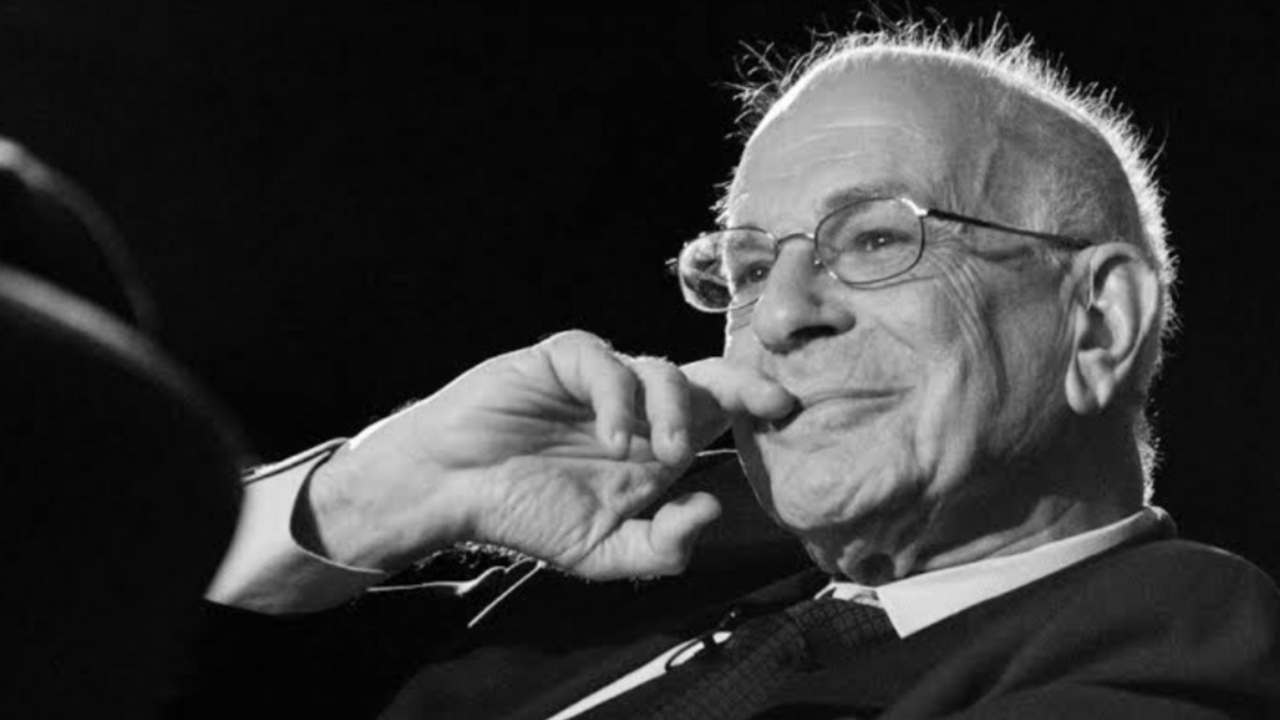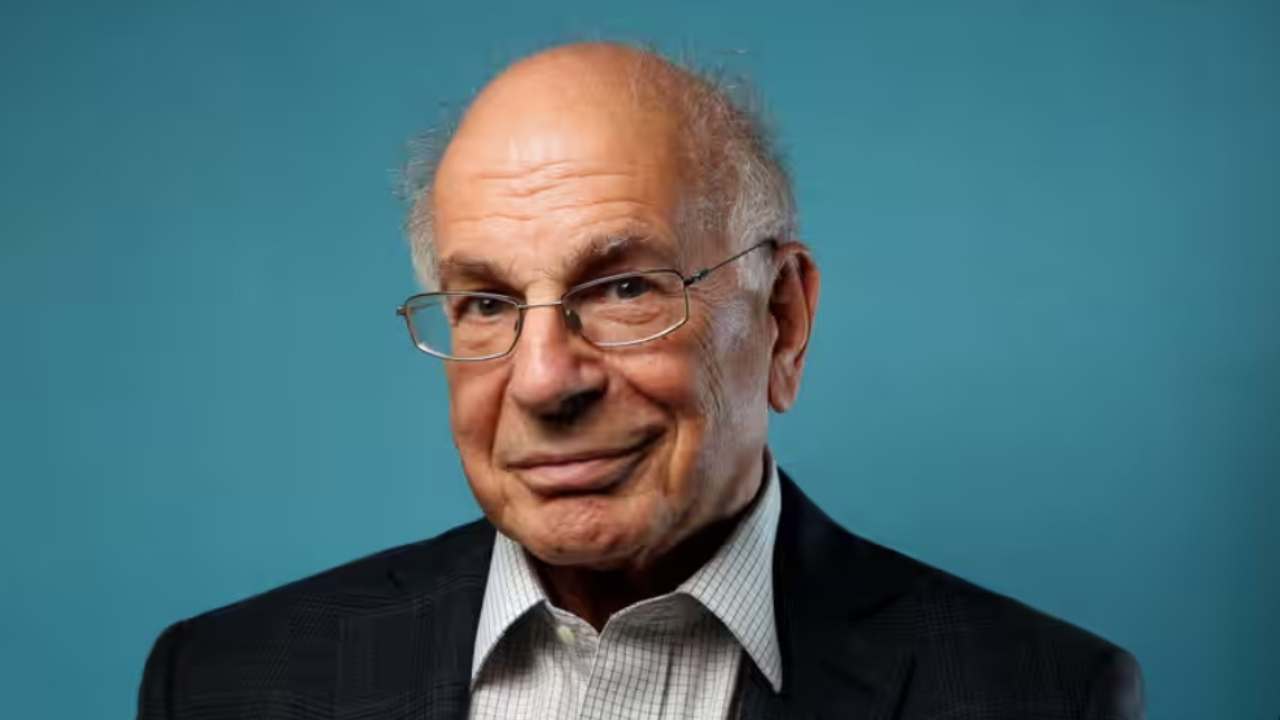Daniel Kahneman, the Nobel Prize laureate renowned for his groundbreaking contributions to behavioral economics, passed away at the age of 90.
According to a statement from Princeton University, where Kahneman had been a faculty member since 1993, the Israeli-American psychologist peacefully departed on Wednesday. The cause of his demise was not disclosed.
Kahneman, acclaimed for his seminal work “Thinking, Fast and Slow,” challenged the conventional belief in rational decision-making, shedding light on the pervasive influence of instinct in human behavior.
“Danny was a giant in the field,” Eldar Shafir, a former colleague at Princeton University said in the release. “Many areas in the social sciences simply have not been the same since he arrived on the scene. He will be greatly missed.”
More About Daniel Kahneman
Born in Tel Aviv in 1934 to French parents, Daniel Kahneman’s early life was marked by the turmoil of war.
Forced to flee to Paris as a child, he endured the Nazi occupation of France, evading persecution by seeking refuge in unoccupied territories with his family.
Despite the tragedy of losing his father during the war, Kahneman’s resilience propelled him forward.
After relocating to British-ruled Palestine with his mother, he pursued his academic endeavors at Hebrew University in Jerusalem, delving into the realms of mathematics and psychology.
Later, he started a scholarly journey at Berkeley, immersing himself in the intricacies of statistics and the psychology of visual perception.

Returning to Hebrew University to impart his knowledge, Kahneman forged a transformative collaboration with fellow professor Amos Tversky, laying the groundwork for groundbreaking research in behavioral economics.
Their pioneering work challenged conventional economic theories, illuminating the inherent flaws in intuitive reasoning.
In 2002, Kahneman’s contributions were honored with the Nobel Prize in Economics, a testament to his profound impact on the integration of psychology into the field of economics.
The Royal Swedish Academy of Sciences lauded his insights into human judgment and decision-making under uncertainty, heralding a new era in economic thought.






